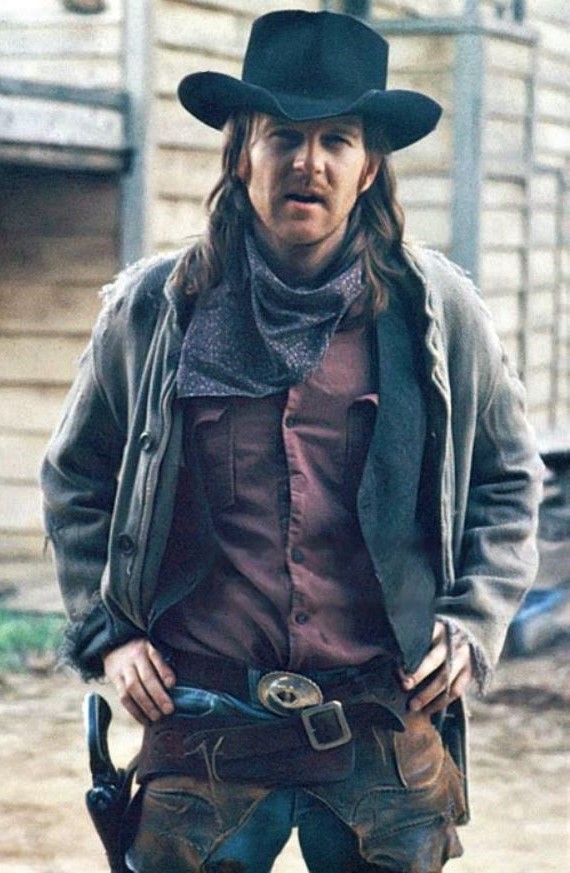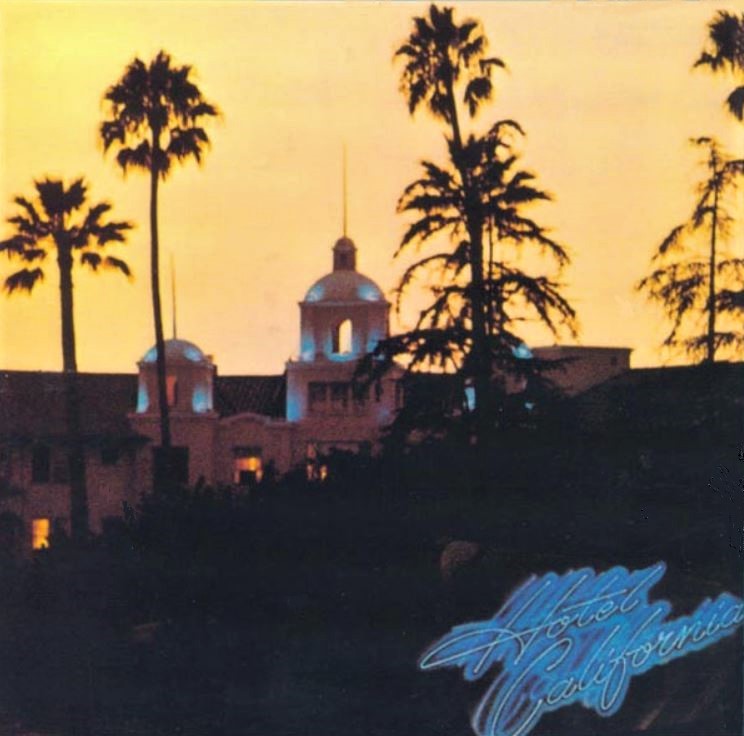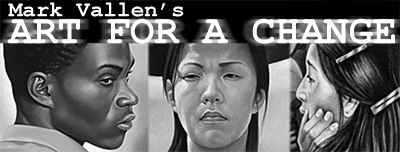On the Passing of Randy Meisner
On July 26, 2023, Randy Meisner, a founding member of the American soft rock band the Eagles, succumbed to COPD, otherwise known as chronic obstructive pulmonary disease. He died at the age of 77. Gone to join the great majority after leaving his mark on contemporary music, he will be missed.
This will not be a conventual obituary, because frankly I was not an aficionado of the Eagles or a devoted fan of Meisner. Yet, I can still acknowledge his skill and authenticity without speaking ill of him. His contributions to rock are evident. This is a matter of perspective, and my outlook is always, shall we say… idiosyncratic.

Before the Eagles, Meisner came to Lost Angeles in 1966. Penniless and without a car he sold copies of the underground hippie newspaper, the L.A. Free Press, on Sunset Boulevard for around five bucks a day. He arrived in the megalopolis with an R&B oriented rock band called The Soul Survivors, who had a hit in 1967 titled Expressway to Your Heart.
As a 12-year-old in 1966 I loved American garage bands like The Music Machine, Question Mark & The Mysterians, The Count Five, The Standells, and The Seeds; somewhere in that mix were The Soul Survivors, who changed their name to The Poor—Meisner was a member of that short lived band; a precursor of what was to come. As a garage band leaning into psychedelia, The Poor were a bit too light and pop for my already jaded pre-teen taste in rock.
The Eagles were formed in L.A. during the year 1971. The founding members were Meisner of course on bass guitar, Glenn Frey (guitar), Don Henley (drums), and Bernie Leadon (guitar). They were recruited by Linda Ronstadt as the backup band for her 1972 solo album titled Linda Ronstadt.
Ronstadt’s album was a remarkable flop, but it gave the Eagles the break they needed. That same year the Eagles released their self-titled premier album, which gave the world those mega hits Take it Easy and Witchy Woman (ugh). The Eagles folksy soft country rock that failed Ronstadt, spread its wings to bring the Eagles enormous success.
Undoubtably a skilled bassist, songwriter, and singer, Meisner is remembered for his high-harmony vocals in songs like Take It to the Limit—which appeared on the 1975 Eagles album, One of These Nights. Altogether the band produced five number one singles, six number one albums, and won six Grammy Awards and five American Music Awards; their soft country rock sound set the tone for rock in the ‘70s; it was inescapable, and wow, did I ever want to get away from that soundscape.

In 1976 the Eagles released their Hotel California album; it would go on to sell 26 million copies in America, and 32 million copies worldwide. Two songs from the record become massive hits, New Kid in Town and of course Hotel California.
Mind you, back in ’76 Disco was King and the Billboard Top 100 listed as topnotch the likes of Barry Manilow, K.C. and The Sunshine Band, The Bee Gees, The Captain and Tennille, and Rick Dees. The Eagles were the icing on the cake. The Billboard 100 was supposed to be the best of the best, but good Lord, my misery was complete. But hey, I told you my views were unorthodox.
As for Hotel California… that song always rubbed me the wrong way. The second line in the song’s opening is: “warm smell of colitas, rising up through the air,” “colitas” being Mexican Spanish slang for the buds of a marijuana plant. That sets the tone for the song. The lyrics to the sixth stanza are:
“Mirrors on the ceiling
The pink champagne on ice
And she said ‘We are all just prisoners here, of our own device’
And in the master’s chambers
They gathered for the feast
They stab it with their steely knives
But they just can’t kill the beast.”
Those “steely knives” have been interpreted as lines of cocaine, and “just can’t kill the beast” as an inability to defeat drug addiction. In essence, the renowned hedonism and excess of Los Angeles was the subject of the song.
Eagle member Don Henley once described the song thusly: “We were all middle class kids from the Midwest. Hotel California was our interpretation of the high life in L.A.” High life had a double meaning; the common use of cocaine in a burg like LA, as well as the overindulgences of the bourgeoise. To this day many still think Hotel California was about the Beverly Hills Hotel. That for me, is the rub.
My father worked in the restaurant industry of Los Angeles as a waiter during the 1950’s to the end of the 1980s. He was a simple working man with a heart of gold and a friendly manner. In time he rose up through the ranks to serve the upper strata of society; politicians, captains of finance, actors, Hollywood studio bosses—but he always remained a working stiff.
In the last years of his career he became a maître d’ at some of the finest eating establishments in Los Angeles, the Beverly Hills Hotel and the Caves Des Roy private club in Beverly Hills among them.
His work entailed two stressful, grueling shifts; lunch and dinner. I have memories of him dressing up in the formal classic black attire of a maître d’, a vest and cummerbund, wool trousers with a wide satin band running the length of each leg. Dressed like that he drove to work each day in the scorching LA sun. At work he was always on his feet. By the end of his career his body was so worn out that he needed a hip replacement.
The Eagles sang about Hotel California as a hotspot for the chic and their orgiastic hyper debauchery. But I saw the real Hotel California, and it wasn’t a vortex for fat city permahighs. It was an arena where a working man unselfishly gave his all to provide for his family. I learned about the dynamics of class by watching my father, and in no small part it explains how I became a social realist artist. I cursed the Eagles for Hotel California.
You see, it’s all about perspective.
While the Eagles released their Hotel California album in 1976, a musical explosion erupted on the other side of the country…. the Ramones from New York released their self-titled album on April 23, 1976.
When I heard those comic book tough guy characters in leather jackets belting out sixty second, three cord, buzzsaw songs with their general-purpose machine guns cloaked as guitars—it washed the hippie right out of me. Then I saw them play the Whisky A Go Go on Sunset Boulevard in 1977, and I lost my mind. Their song Sheena Is A Punk Rocker turned me into a punk rocker.
Then came The Clash and the Sex Pistols in 1977. Suddenly rock ‘n roll was dangerous again. In the minds of lumpenintelligentsia like myself, it was nothing less than the complete rejuvenation of rock music. Just like that miscreant American rocker Jerry Lee Lewis who purportedly set his piano on fire during a performance in the late 1950s, punk wanted to set the music industry ablaze—and for the punk hoi polloi, bands like the Eagles were forever turned to ash.
Fans of the Eagles are legion, and they have every right to extol the band that gave them the soundtrack to their lives—but there are many soundscores in our world.
Randy Meisner left the Eagles in 1977 after endless squabbles with bandmates and shared antagonisms with guitarist Glenn Frey. Above all, Meisner was tired of the band’s constant touring. I read somewhere that he acknowledged he could have been extremely wealthy if he had only stayed in the Eagles… but he opted for happiness and family life. I truly respect him for making that decision.
Meisner once said: “I loved R&B and the bass players on the Motown stuff were great. They really inspired me. I can’t read music. Once I learn a part it’s there. My bass playing came real naturally.” Meisner sounds like he was a principled fellow and a musician’s musician. Now he’s joined the Choir Eternal.
Perhaps sometime in the future, the near future hopefully, rock ‘n roll will once again reclaim its rebellious voice, and an impassioned creative tribe will once again… Take It to the Limit.



